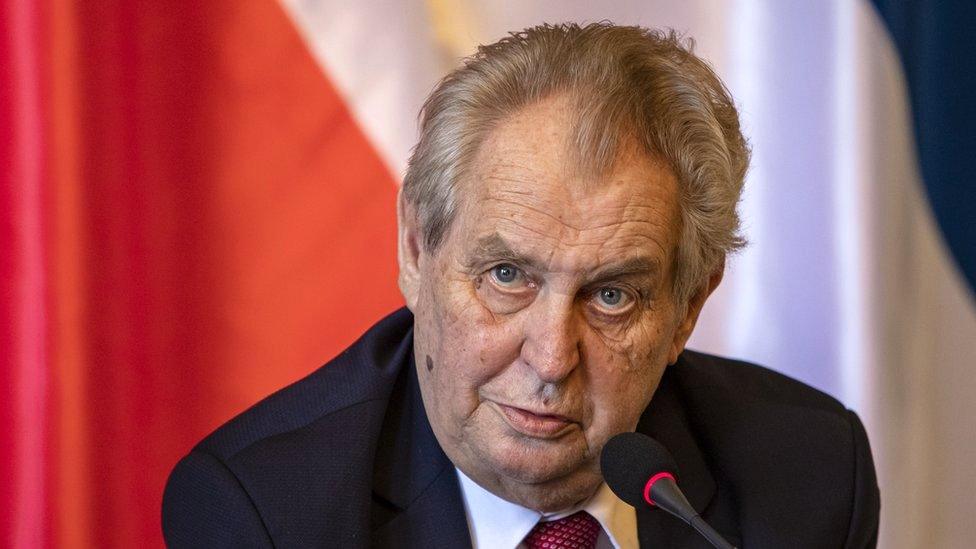Vicky Hernández: Court says Honduras to blame for trans woman's murder
- Published

A regional human rights court has ruled that Honduras was responsible for the murder of a transgender woman in 2009.
In its landmark ruling, the Inter-American Court of Human Rights ordered the government to pay reparations to the family of Vicky Hernández, 26, who was fatally shot in northern Honduras.
The country has also been ordered to enact new measures to prevent violence and discrimination against LGBT people.
Campaigners have hailed the decision as a watershed moment for Honduras.
The ruling, made on the anniversary of Ms Hernández's death, will set a legal precedent in Latin America, however the Honduran government has not yet commented on the court's decision, and it is not clear how or when it will enact the court order.
Rights groups say Latin America is one of the most dangerous regions in the world for transgender people, and has seen a wave of violence and discrimination against the LGBT community since a coup in June 2009 which ousted then-President Manuel Zelaya.
Almost 500 transgender women were killed in Latin America between 2014-2019, according to Sin Violencia, external, an LGBT rights organisation in the region.
Vicky Hernández, an HIV-positive sex worker, was shot in the head with a single bullet on the night of the coup, when a curfew was in place and only military and police were allowed outdoors.
Her body was found on a street in the city of San Pedro Sula the next morning.
Two transgender women reported that a police car had driven up to them and Ms Hernández.
Campaigners argued that she was the victim of an extra-judicial killing, and that investigations into her death were marred by negligence. As yet, local officials have not filed an autopsy report, key witnesses were never formally interviewed, and the case was written off as a crime of passion.
In its decision, the Inter-American Court of Human Rights, external ordered the Honduran government to continue its investigation, offer diversity training to security forces, and track violence against LGBT people in the country.
It said that $30,000 (£21,650) must also be paid to Ms Hernández's family and that a scholarship fund for trans women be set up in her name.
"It's so significant that there will always be this memory of her," said Ms Hernández's mother Rosa, speaking with the New York Times.
"We are always going to remember that she was the one that created a before and after."
The next challenge, campaigners say, is to ensure that the Honduran government complies with the court ruling.
"It's the first stage of the process that has been won" said Angelita Baeyens, from the US-based right group Robert F. Kennedy Human Rights, which helped to fight the lawsuit.
"The fight is not over."

You may be interested in watching:
Why is learning about LGBT history important?
Related topics
- Published31 May 2018
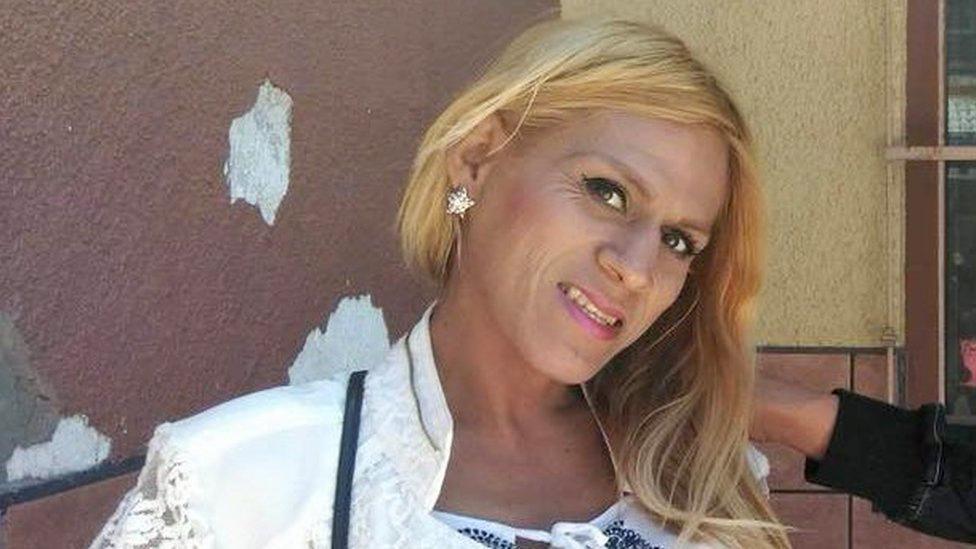
- Published31 March 2023
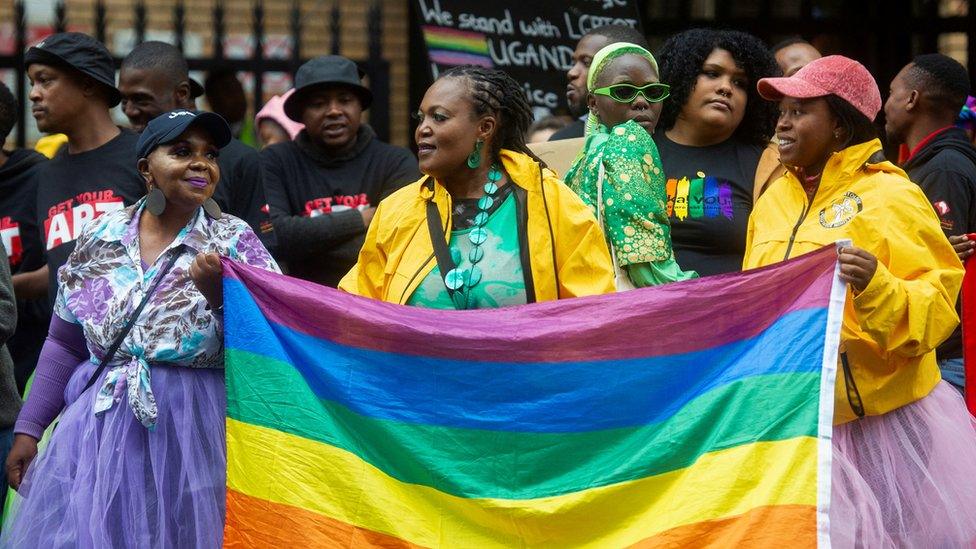
- Published1 January 2020

- Published1 February 2021
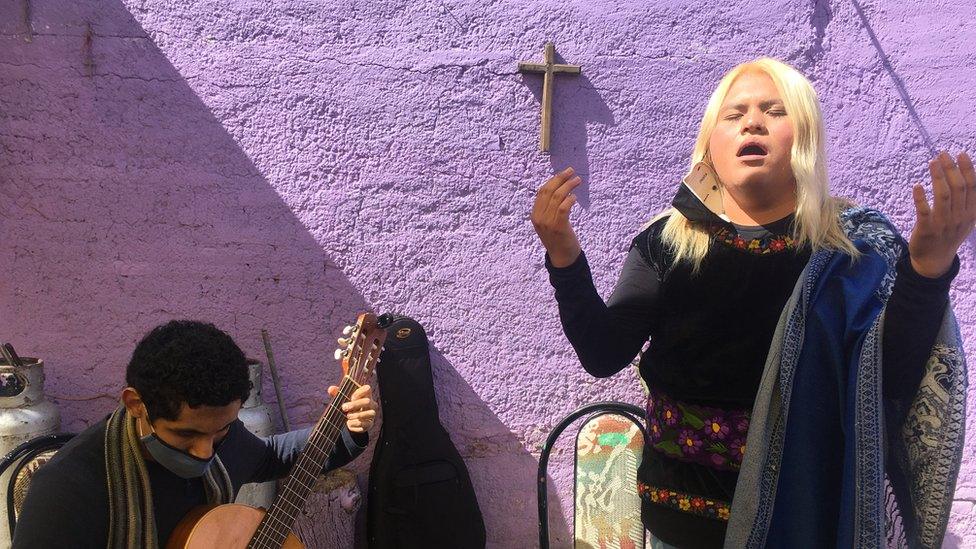
- Published7 April 2020
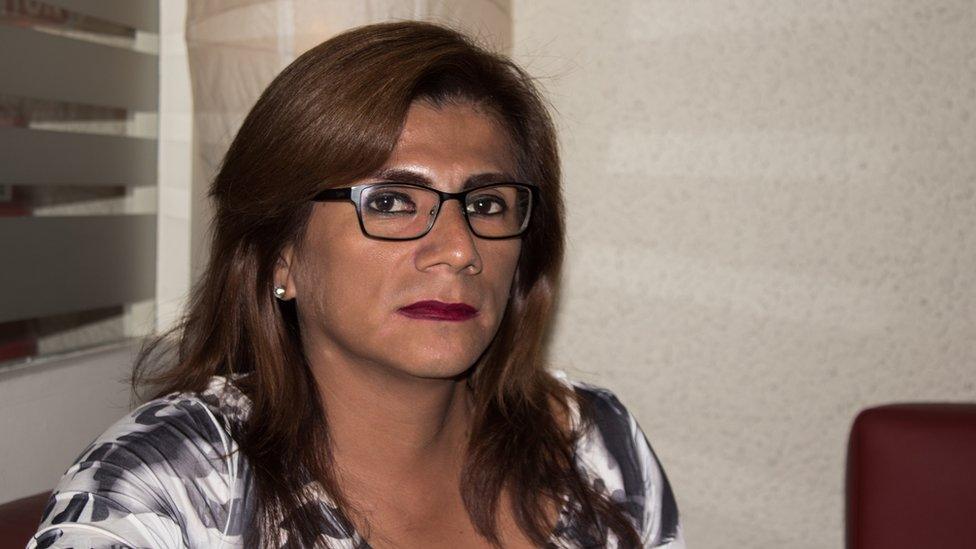
- Published28 June 2021
